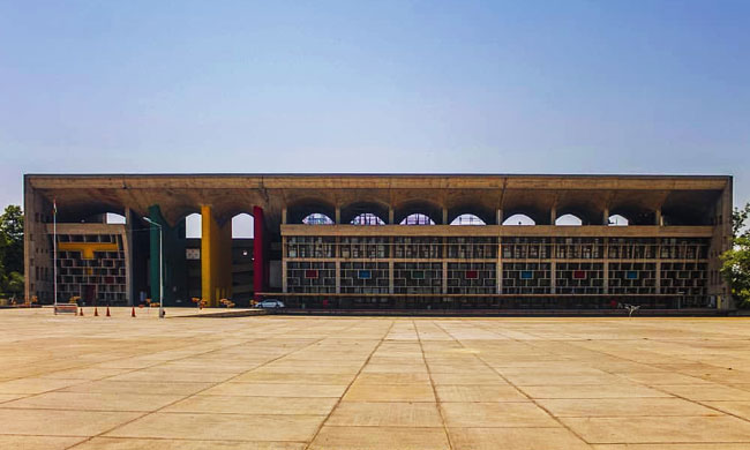Prohibition Of Child Marriage Law Does Not Differentiate On Basis Of Religion: Punjab & Haryana High Court
LIVELAW NEWS NETWORK
1 May 2021 3:30 PM IST

Next Story
1 May 2021 3:30 PM IST
The Punjab and Haryana High Court recently observed that even though Muslim Personal law permits marriage upon attaining the age of puberty, the Prohibition of Child Marriage Act, 2006 is a secular law and does not make any such distinction on the basis of religion. The law prescribes 18 years as the minimum marriageable age for a female and 21 years for a male. While allowing...
